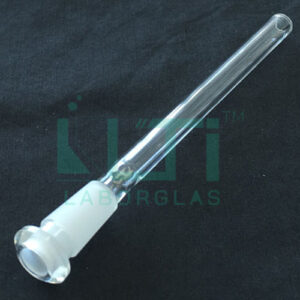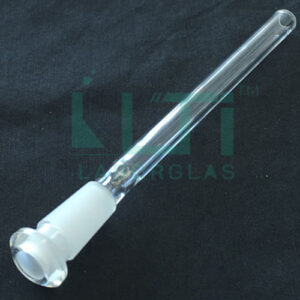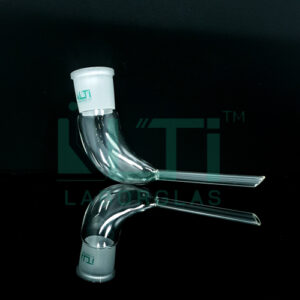GET IN TOUCH:
Reg. office 11-A, Herman City Road, Khudda Khurd, Ambala Cantt- Haryana (INDIA), Pin Code- 133006
call us : +91 98020-13010
Website: www.labtechexport.com
Email: Info@Labtechexport.Com
- Made of borosilicate glass, designed with a flat bottom
- High thermal shock resistance
- Designed without a rim
- Used for pathological tests and disintegration apparatus
| PART No. | O.D. x Length (mm) | PACK Qty. |
| 7510-12 | 12 x 75 | 100 |
| 7510-18 | 18 x 138 | 100 |
| 7510-18-A | 18 x 55 | 100 |
| 7510-14 | 14 x 110 | 100 |
Here are some common uses of test tubes with flat bottoms:
- Chemical Reactions:
- Test tubes with flat bottoms are often used for small-scale chemical reactions. Researchers can mix reagents in the tube and observe the reaction, measure reaction rates, or assess the formation of precipitates.
- Sample Storage:
- These test tubes are used for storing liquid samples. The flat bottom allows them to stand securely on a lab bench or in a rack. They are often sealed with a stopper or cap to prevent evaporation or contamination.
- Heating:
- Test tubes with flat bottoms can be used for heating small quantities of liquids over a Bunsen burner or other heating sources. The flat bottom ensures stability during the heating process.
- Centrifugation:
- Test tubes are compatible with centrifugation equipment, allowing for the separation of components based on density. The flat bottom ensures stability during centrifugation.
- Mixing and Stirring:
- These test tubes are suitable for mixing and stirring liquids. They can be used with magnetic stirrers or other mixing devices in various laboratory applications.
- Observation and Analysis:
- Test tubes with flat bottoms are often used for qualitative and quantitative analyses. Researchers can visually inspect reactions, measure absorbance or fluorescence, or perform other analytical procedures.
- Sample Preparation:
- In analytical chemistry, flat-bottomed test tubes are used for preparing samples for further analysis, such as dilutions or the addition of reagents.
- Culture and Microbiology:
- Test tubes are used for culturing microorganisms, preparing agar slants, or conducting small-scale microbiological experiments. The flat bottom provides stability when working with these biological samples.
- Serological Testing:
- Test tubes with flat bottoms are commonly used in serological testing, including blood typing and other immunological assays. The tubes provide a stable platform for these diagnostic procedures.
- Educational Demonstrations:
- In educational settings, flat-bottomed test tubes are used for various chemistry and biology demonstrations to illustrate principles and techniques.
- Solvent Extraction:
- Test tubes are used in solvent extraction processes, where substances are extracted from a sample using solvents. The flat bottom ensures stability during the extraction process.
- Freezing Samples:
- Test tubes with flat bottoms can be used for freezing small volumes of liquid samples. The flat bottom allows them to stand securely in a freezer.





